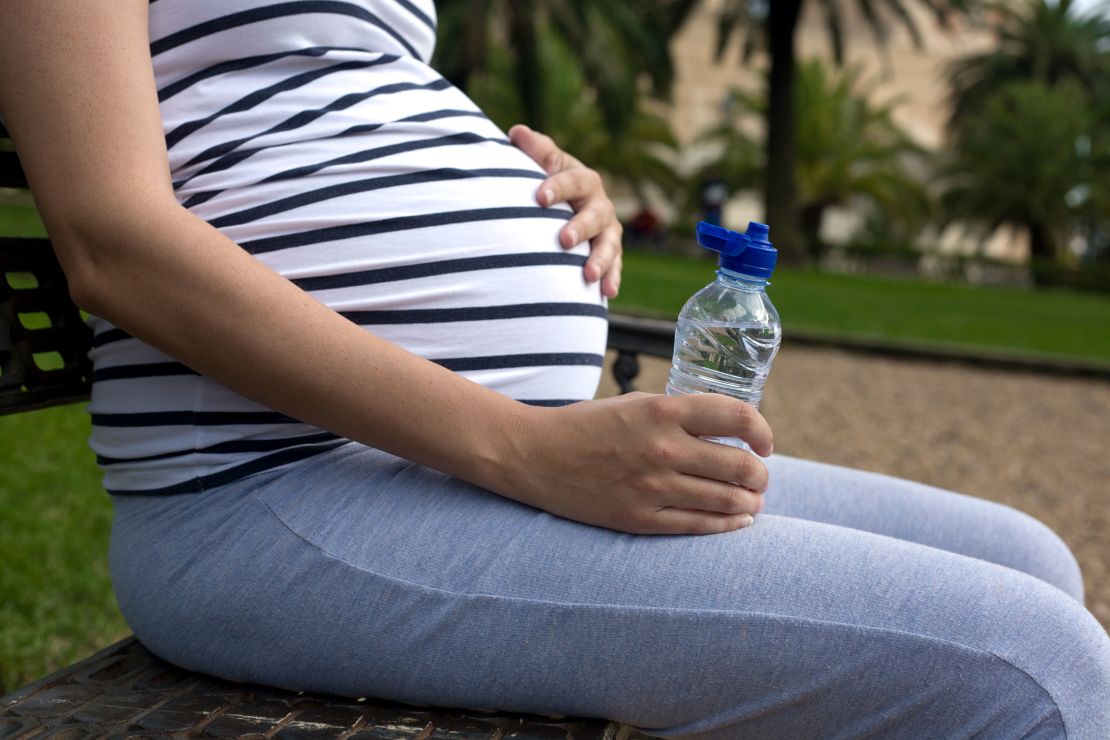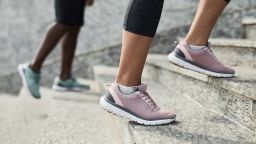Death from extreme heat once typically struck scorching locations such as Death Valley. Today, no place seems immune from deadly temperatures.
While heat can kill, it also endangers health by making existing conditions worse, said Dr. Prabu Selvam, emergency medical officer at Americares, a health-focused relief and development nonprofit that has developed?heat-related tip sheets?for the public.
“With heat emergencies, people are easily dehydrated, and when that happens, people’s hearts have to work harder and their lungs have to work harder to get oxygen and blood flow to their organs,” Selvam said.
“When they have these underlying health problems, and then the stress of heat is placed on top of that, their bodies just don’t have the ability to cope as a healthy person would be able to.”
Having heart disease or high blood pressure already stresses the heart, according to the US Centers for Disease Control and Prevention. Being overweight or obese is also a risk factor since excess weight causes the body to retain more heat.
“People with liver disease or lung disease are also at higher risk,” Selvam said. “It’s important to note that people who are socioeconomically disadvantaged, unhoused, living in public housing without air-conditioning and the like are at the highest risk from heat — and then among those people, any with health problems are at even higher risk.”
Do you have kidney disease?
More than 1 in 7 US adults have chronic kidney disease, and 9 out of 10 of those don’t know it, according to the CDC — and 1 in 3 people with severe kidney disease don’t know it.
Ignorance about the condition of your kidneys and heat can be a dangerous combination. Heat can dehydrate the body quickly, especially if you’re physically active. You may not know you’re dehydrated — by the time you feel thirsty, you’ve already lost precious fluids, according to the Cleveland Clinic.
Anyone with high blood pressure or diabetes is at risk, as those are the two leading causes of kidney failure, according to the CDC. Other causes of kidney disease include obesity, heart disease, family history, age (over 60), abnormal kidney size or structure, and a long history of taking pain relievers — both prescription and over the counter.
Drinking plenty of water is key. If you exercise, work outside or spend time in the heat, try to drink 1 cup (8 ounces) of water every 15 to 20 minutes, the CDC said.
“This translates to ?–1 quart (24–32 ounces) per hour,” the agency said. “Do not drink more than 48 oz (1? quarts) per hour! Drinking too much water or other fluids (sports drinks, energy drinks, etc.) can cause a medical emergency because the concentration of salt in the blood becomes too low. Drinking at shorter intervals is more effective than drinking large amounts infrequently.”
Water is best, the CDC said, as soda, coffee and energy drinks can be packed with sugar and caffeine. Drinking several energy drinks a day can raise the heart rate, further stressing the body.
Be sure to eat foods that can replace electrolytes when drinking large amounts of water while dehydrated, Selvam said. Foods that contain high amounts of electrolytes such as phosphate, magnesium, potassium, chloride, calcium and sodium include avocados, bananas and citrus fruits, broccoli, dried apricots,?leafy greens, lentils, mushrooms, nuts and?sunflower?or?pumpkin?seeds, spinach, whole grains and zucchini.
Pregnancy and the fetus
Pregnancy is a dangerous time to be overheated, experts say, as high temperatures can harm both the mother and the developing fetus.
“Heat exposure has been associated with preterm labor and fetal growth restriction, which is poor growth of the baby because of inadequate blood flow,” Selvam said. “There are also increased heart complications in pregnant women, especially during the third trimester, when surrounded by a significant heat emergency.”
Pregnant people are more likely to become dehydrated and may be unable to cool themselves by sweating because they are trying to cool the fetus as well as their own bodies, the CDC said. Therefore, they may develop heat exhaustion, heatstroke or other heat-related illnesses more quickly than those who are not pregnant, the CDC said.
One of the causes of early contractions — called Braxton Hicks — is dehydration, according to the American Heart Association. Dehydration can also increase the chance of dizzy spells and fainting.
Overheating from hot tubs or high fevers has been linked to “changes in the structure of the fetal heart and neural tube defects, which can result in conditions such as spina bifida,” the AHA said on its website. A 2019 study predicted increases in fetal heart defects between 2025 and 2035 as the planet warms, with the majority likely in the Midwest, the study said.
Pregnant people should take the same steps as everyone else when overheated, the AHA said: “(M)ove to a cooler place, sip water, loosen clothing, apply wet cloths to the skin and sit in cool bathtub water.”

Medications and mental health
Heat stresses the brain as well, affecting the ability to think, plan, pay attention and control impulses, experts say. Heat causes the heart to race, blood pressure can drop, and mental processing is weakened. Those changes may remain even after the body has cooled. Studies have found that the ability to resolve cognitive conflicts remains impaired — which may explain why tempers often flare when it’s hot.
Heat may be difficult for people to cope who have attention deficit disorders, anxiety, depression and other mental health conditions. Certain medications can contribute to the problem.
“Migraine and allergy medications and other vasoconstrictors, as well as tricyclic antidepressants, phenothiazines, and anticholinergics, all reduce sweating, a key tool in temperature regulation,” according to US Pharmacist, a monthly journal for pharmacists.
Laxatives and diuretics also foster dehydration. Beta-blockers used for abnormal heart rhythms can slow blood flow to the skin, the journal noted, “while stimulants used to treat attention-deficit/hyperactivity disorder and narcolepsy raise base body temperature.”
Other medications that increase the risk of heat-related illnesses include antipsychotic medications; benzodiazepines, which reduce seizures and assist with anxiety and muscle spasms; calcium channel blockers used to lower blood pressure; and thyroid medications.
The impact of age
Considering age, the highest risk from heat is for older adults, especially those over 70, and young children, Selvam said.
“For elderly patients that had significant underlying health concerns, just a few hours in temperatures indoor at 80 degrees or above can be enough to put them into significant heat illness such as heat exhaustion or heatstroke,” he said.
Children can be at higher risk due to their environment, Selvam said.
“Whereas adults may be spending time inside an office during their day, children are expected to be more physically active, even going outside despite the heat,” he said. “During classroom, children may not have access to something to drink regularly unless the teachers allow it.”
Regardless of age, those overexerting themselves in the heat are at higher risk, he added.
“If you are in an environment that’s 80 degrees only for an hour, but you’re significantly exerting yourself or it’s a difficult work environment, that can be enough to push you into danger,” he said. “It really depends on several factors, not just the temperature you’re in.”






